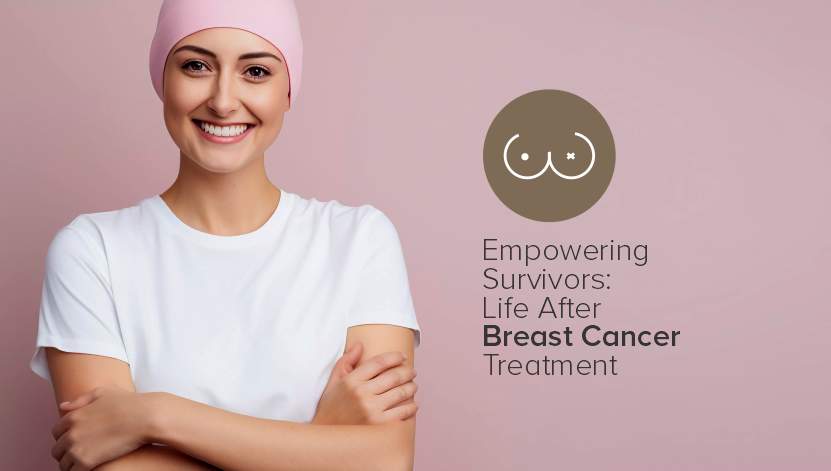Breast cancer is the most common cancer among women worldwide, and survival rates continue to increase, thanks to advancements in treatment options and early detection. While the end of treatment may mark the end of one battle, survivors may find that adapting to post-cancer life can be just as challenging. Living with uncertainty and fear can take a significant emotional toll, and many survivors struggle to regain control and confidence in their day-to-day lives.
